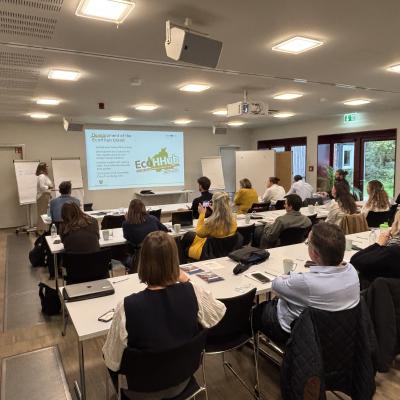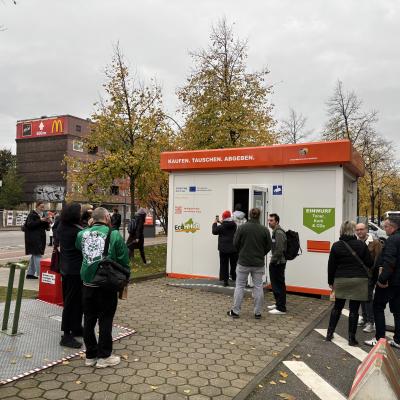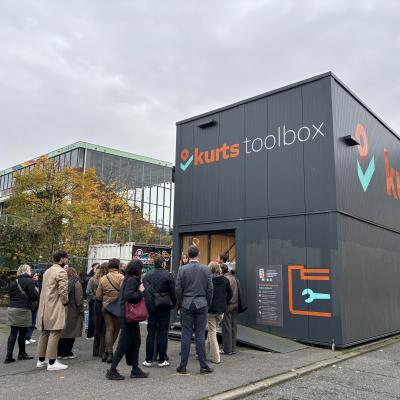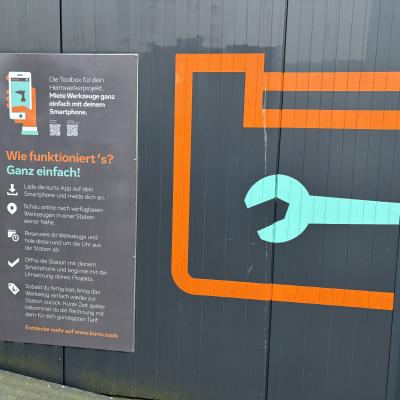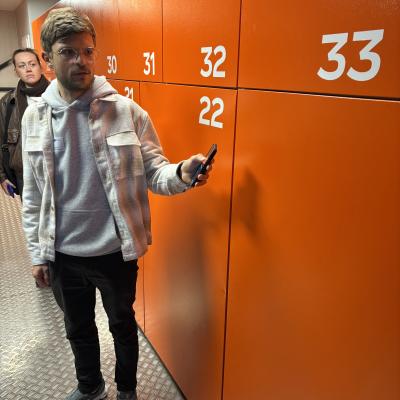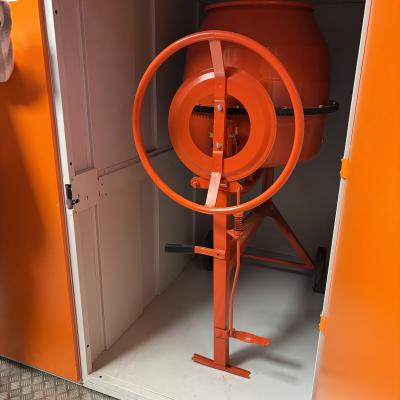𝗙𝗿𝗼𝗺 𝗖𝗼𝗻𝘀𝘂𝗺𝗲𝗿 𝗘𝗰𝗼𝗻𝗼𝗺𝘆𝘁𝗼 𝗦𝗵𝗮𝗿𝗶𝗻𝗴 𝗘𝗰𝗼𝗻𝗼𝗺𝘆 🌐
How can cities become more sustainable, efficient, and collaborative? That was the key question at the partner meeting of the Interreg North Sea Programme project “Digital Kiosks”, where Logistics Initiative Hamburg presented the MoLo Hubs project.
𝗔 𝗸𝗲𝘆 𝗵𝗶𝗴𝗵𝗹𝗶𝗴𝗵𝘁: The synergies between Digital Kiosks and our Hamburg pilot “𝗘𝗰𝗼𝗛𝗛𝘂𝗯”, led by Stadtreinigung Hamburg. Both projects demonstrate how innovative sharing and logistics concepts can open new pathways for resource conservation and circular economy solutions.
The Digital Kiosks project takes a practical approach to strengthening the sharing economy in urban environments, exploring:
🔸technical infrastructures (sharing stations)
🔸user and operational models
🔸accompanying research on circular economy, resource efficiency, and new urban services
Another highlight of the visit was kurts toolbox in Hamburg’s Feldstraße, where users can rent professional tools and equipment 24/7 via app. The provider, Kurt König Baumaschinen GmbH – a traditional family business founded in 1932 – is successfully expanding into the tool-sharing and digital services sector.
The connection between projects like Digital Kiosks, MoLo Hubs, and EcoHHub highlights the power of collaboration in developing innovative, sustainable urban solutions.🌱
Source: LIHH

